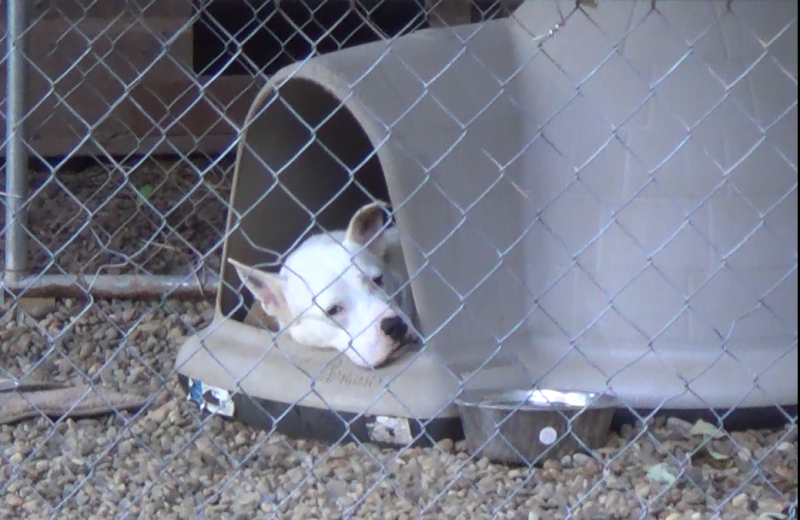Originally published November 18, 2015
 Bristol has canine pneumonia. He started coughing on Sunday, by Monday morning it was a continuous thing if he got active at all. A deep, rattly cough that ended with an ejection of phlegm. No blood (thankfully), so an embolism is not indicated. I contacted our Vet Tech, Alicia.
Bristol has canine pneumonia. He started coughing on Sunday, by Monday morning it was a continuous thing if he got active at all. A deep, rattly cough that ended with an ejection of phlegm. No blood (thankfully), so an embolism is not indicated. I contacted our Vet Tech, Alicia.
Because he is ill, Bristol has lost his seat on this weekend’s Rolling Rescue run. Hopefully he will be well again by the Rescue run in two weeks.
Parasitic pneumonia in dogs is often caused by lungworms directly or from the migration of other worms (e.g. heartworms) through the lung. 9 out of every 69 dogs (13%) treated for heartworm also develop pneumonia. At this stage (he’s just finishing his recovery period), I do not think the pneumonia was caused by heartworm migration, because they should all be long dead. However, the dead worm tissue in his lungs may have opened a path for a bacterial infection that resulted in pneumonia. Heart disease or heart failure can lead to pneumonia; perhaps this is aftermath of his heartworm infestation and damage to his heart. The heart damage should heal in time. His lungs may have been irritated by the couple of cold, damp nights we had.
Symptoms of Canine Pneumonia
The hallmark symptom shown by dogs suffering from pneumonia is coughing (although of course not all coughing dogs have pneumonia). In addition, watch out for these symptoms:
- Difficulty breathing
- Sneezing
- Shortness of breath
- Listlessness
- Lethargy
- Appetite loss
- Fever
Treatment
We will treat this bout of canine pneumonia with a broad spectrum antibiotic (Doxycycline), rest, and an indoor bed at night and on damp or cool days. It still gets pleasantly warm during the day (high 60’s and low 70’s). In fact the weather forecast is for overnight lows in the 40’s: not bad at all, but we will err on the side of caution by crating him inside my heated workshop at night to avoid the chill and dampness.
We will try to limit his exuberance during exercise time. Now that he’s finally feeling better he likes to run and play — and especially to play with Blondie Bear. That is on hold for a while. Recently he has tired easily and gone back to his pen after short play periods. He returns to his pen to say, “I’m done playing now, give me my cookie and let me rest.”
With a little luck he will be well again in time for the next Rolling Rescue run in two weeks.
If you’d like more detailed or clinical info on Canine Pneumonia, check out these links:
- PetWave
- VCA Animal Hospitals
- Dog Health Guide
| If you enjoy our updates, Doggy Tales, and educational articles consider subscribing for notices when new pieces are posted. It’s painless and you can unsubscribe any time you want. Your e-mail address is used ONLY to deliver these notices. | [email-subscribers namefield=”YES” desc=”” group=”Public”] |



